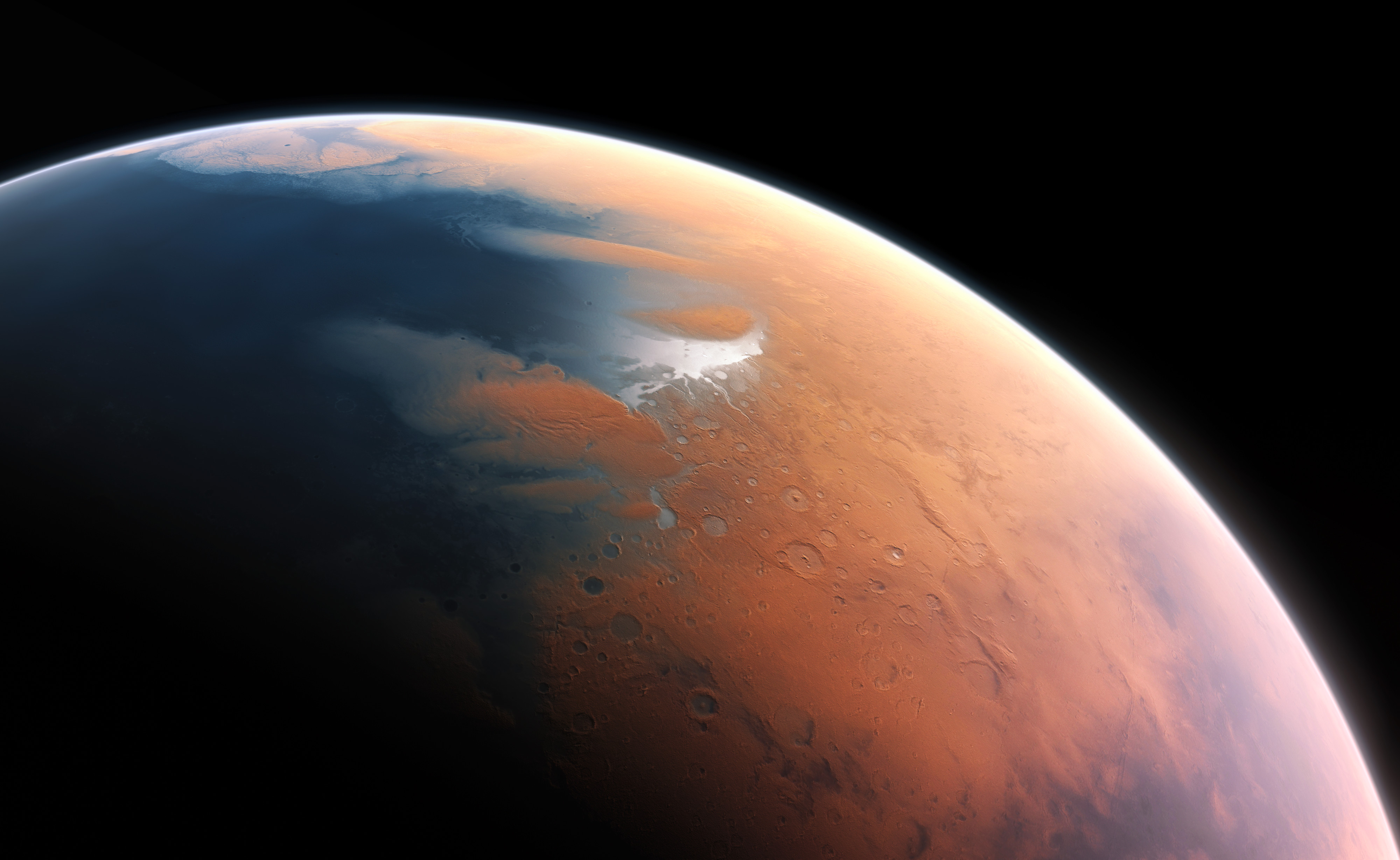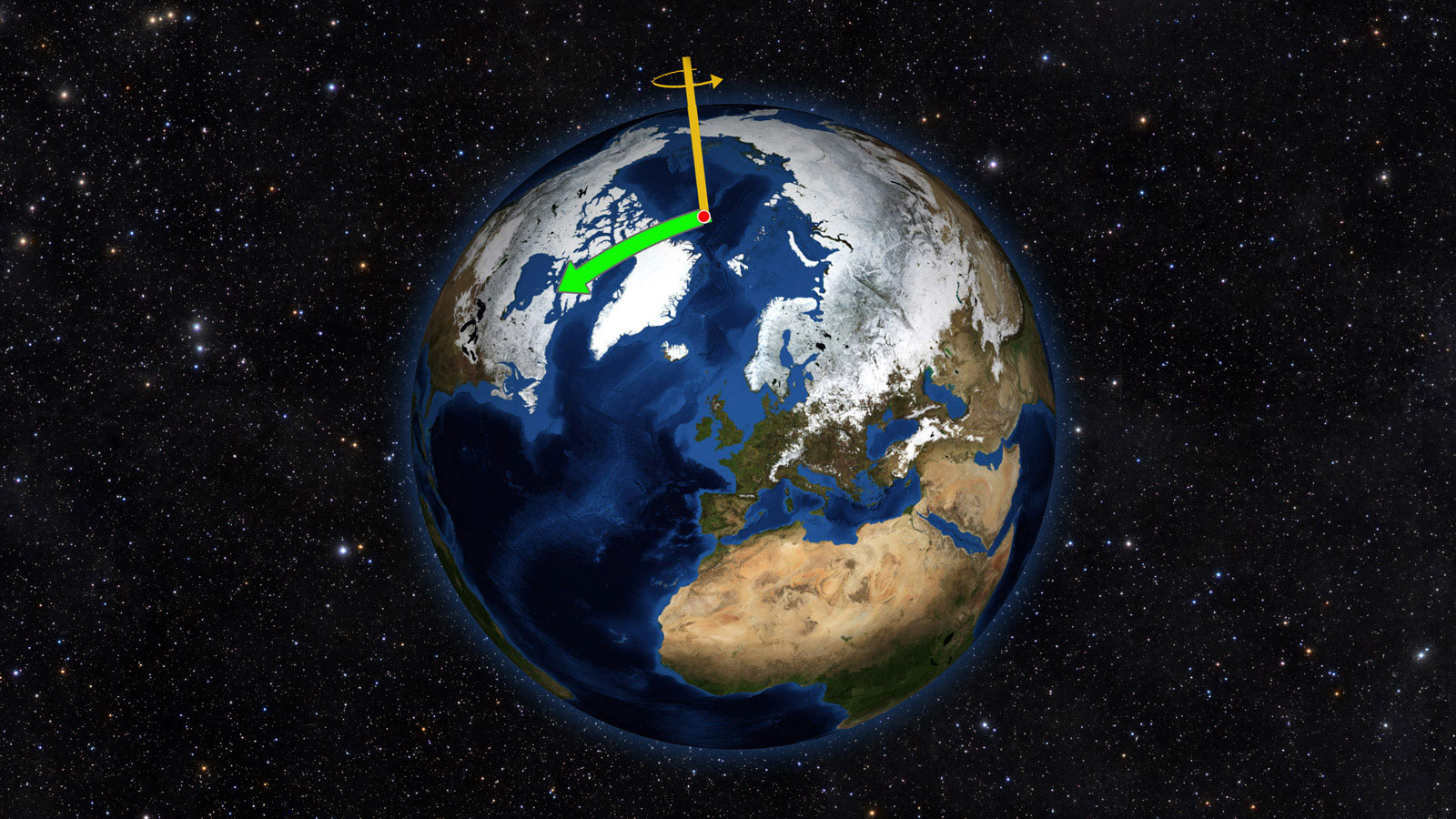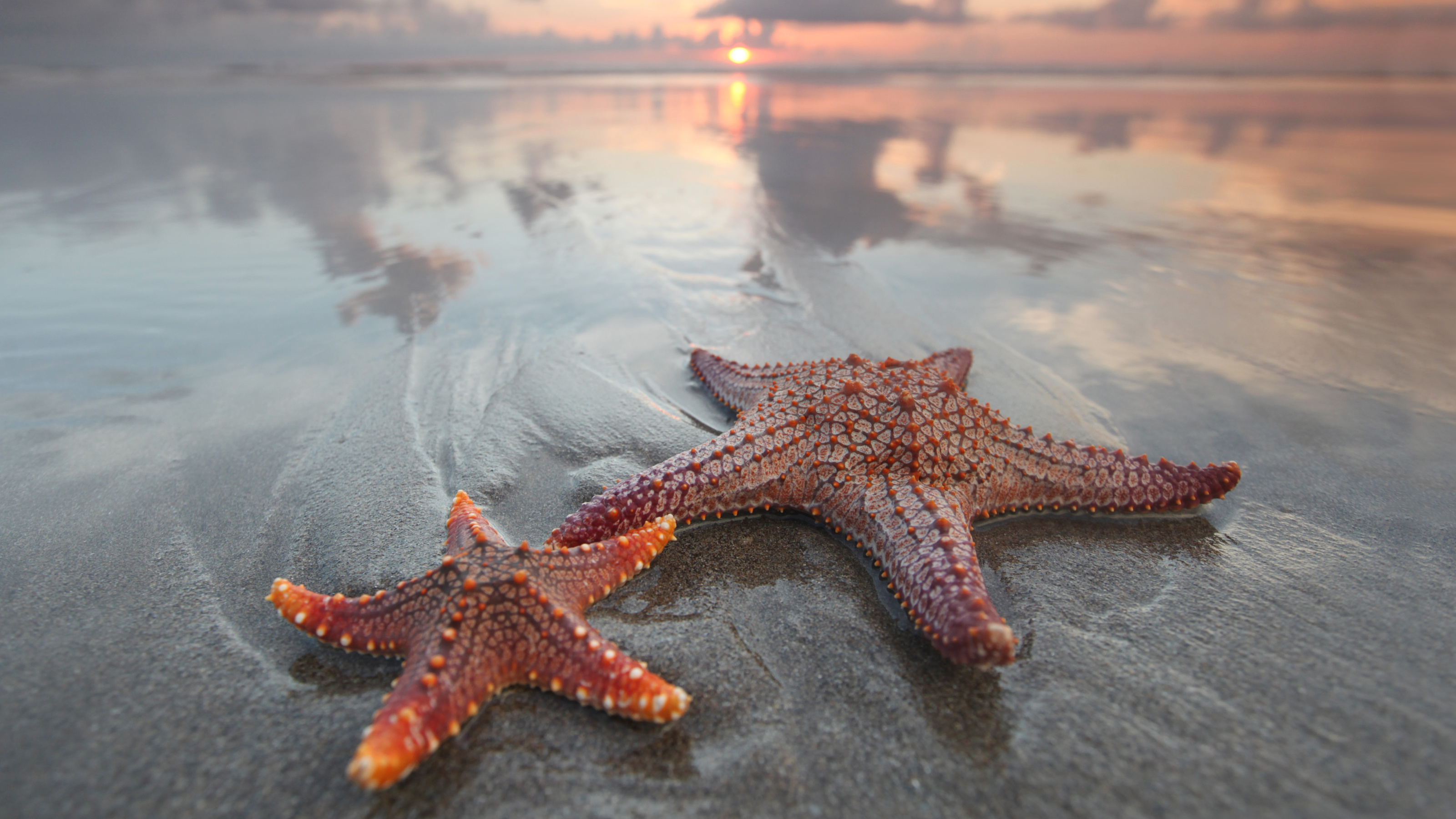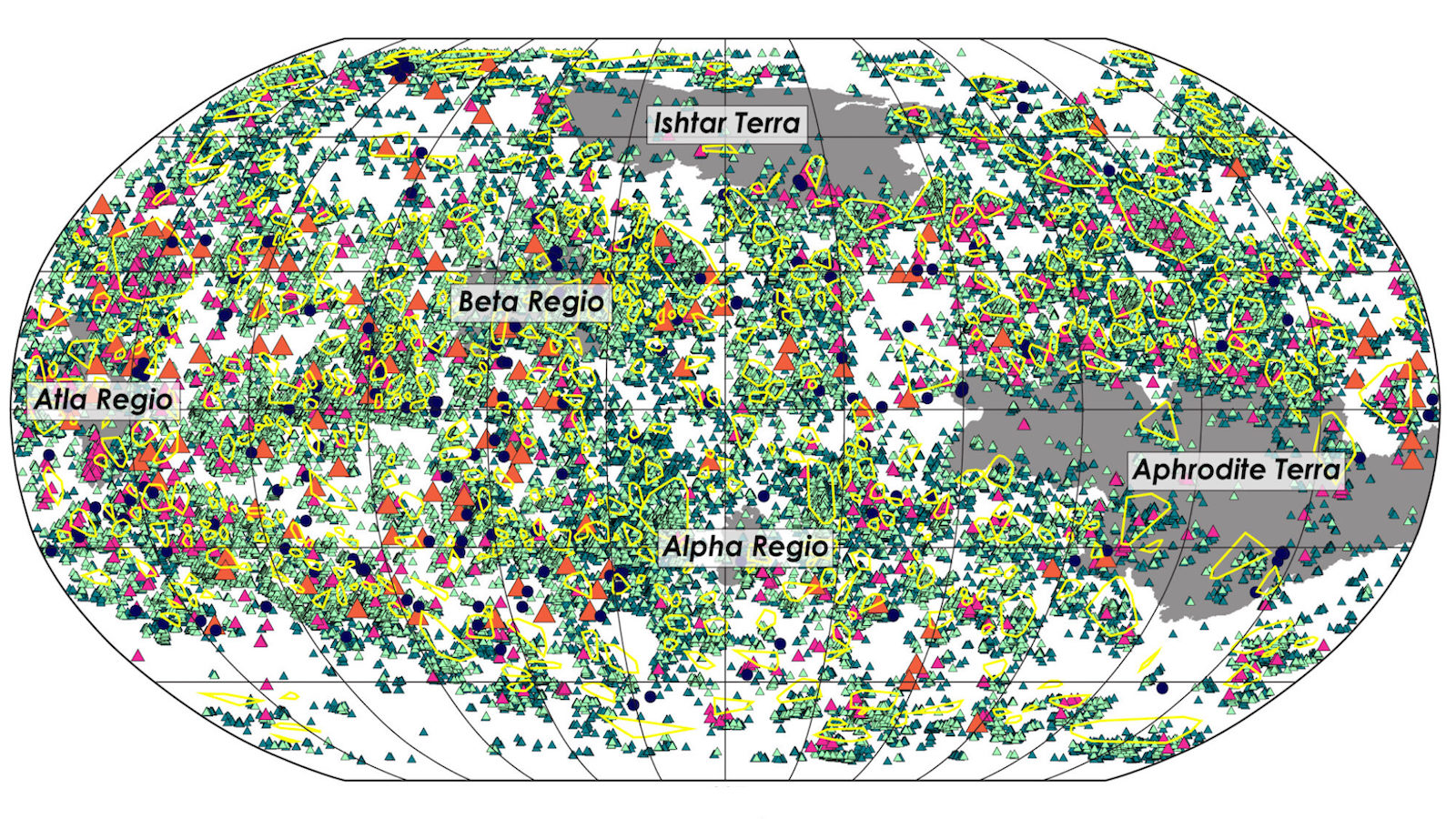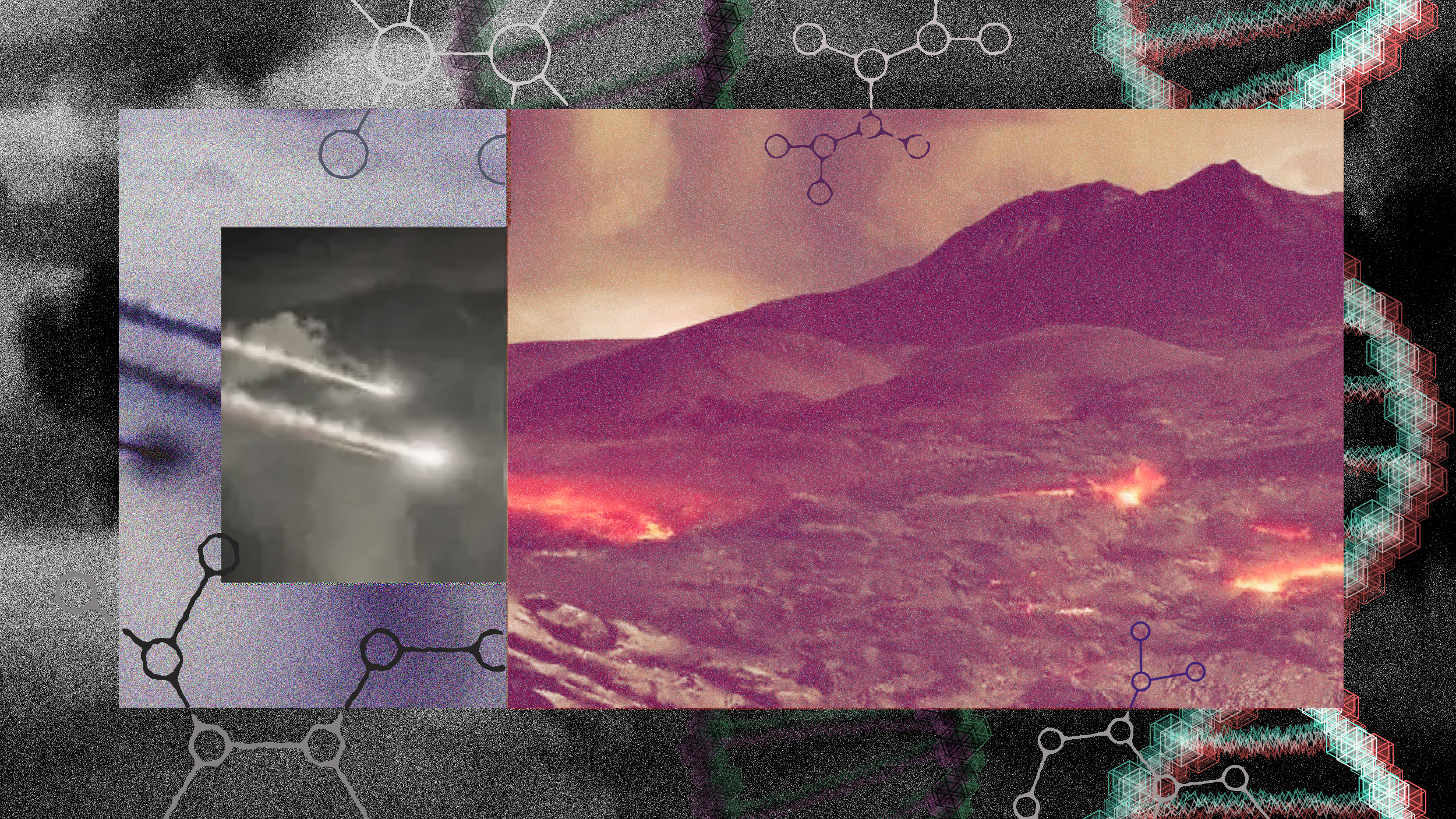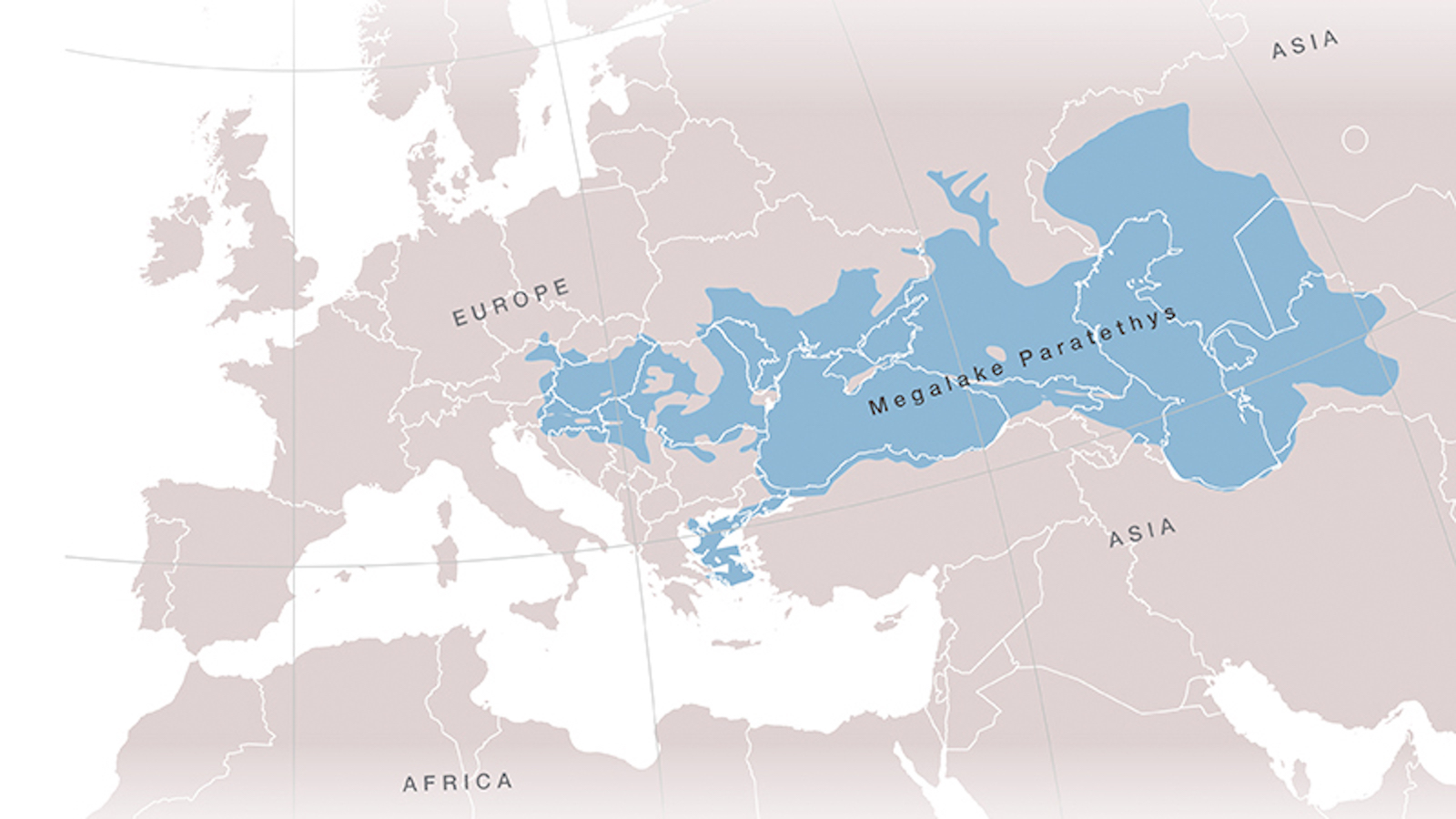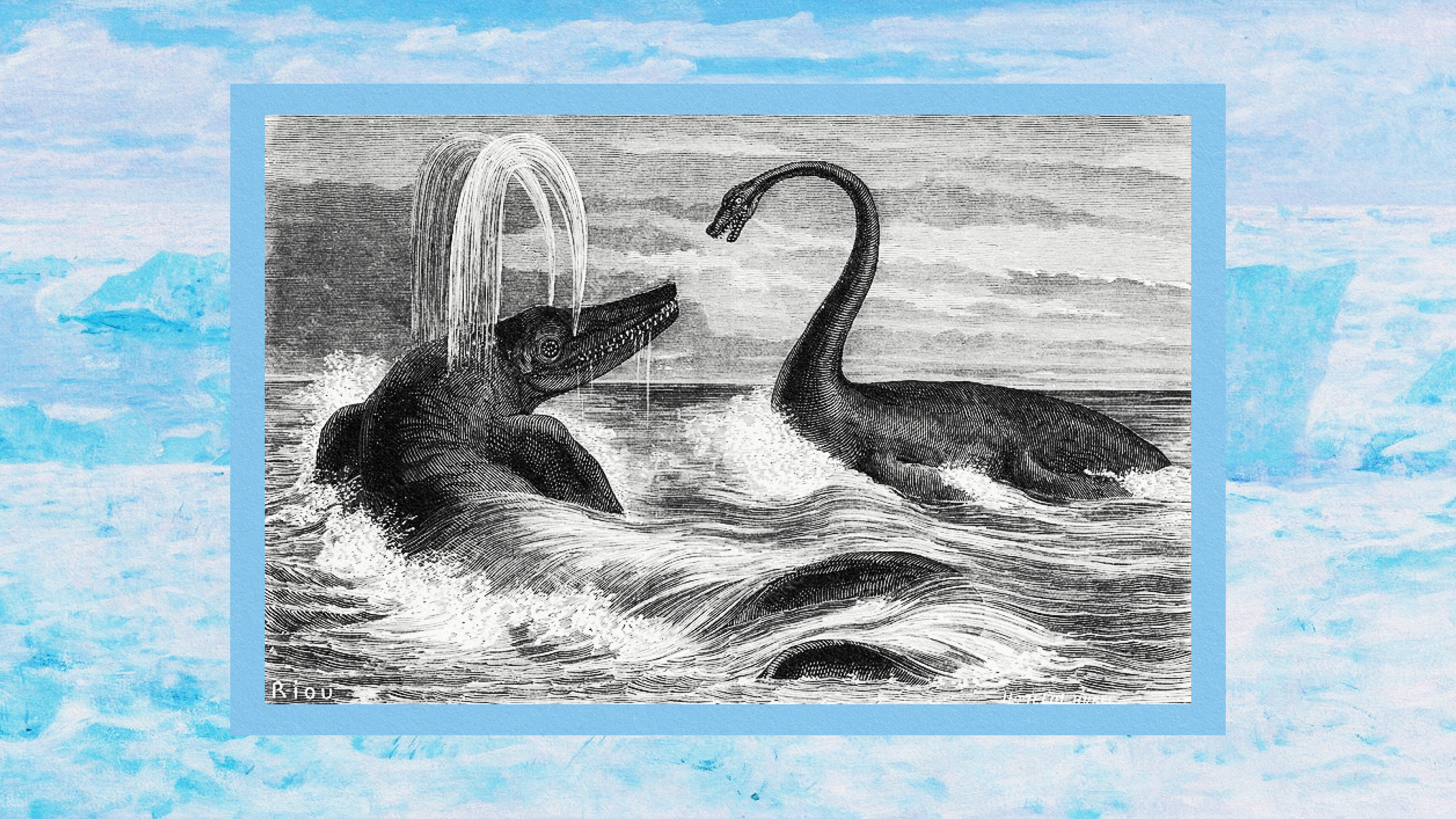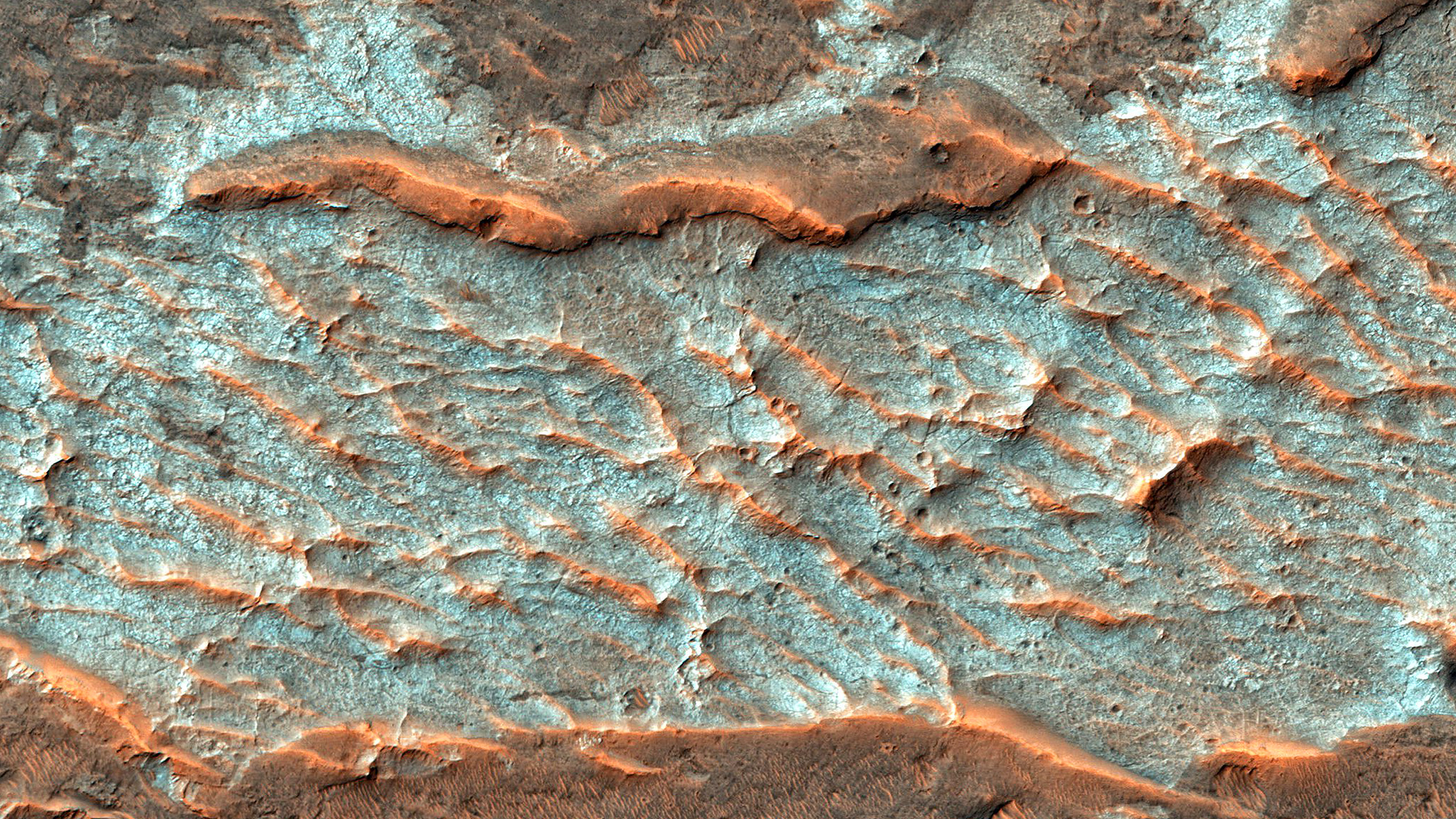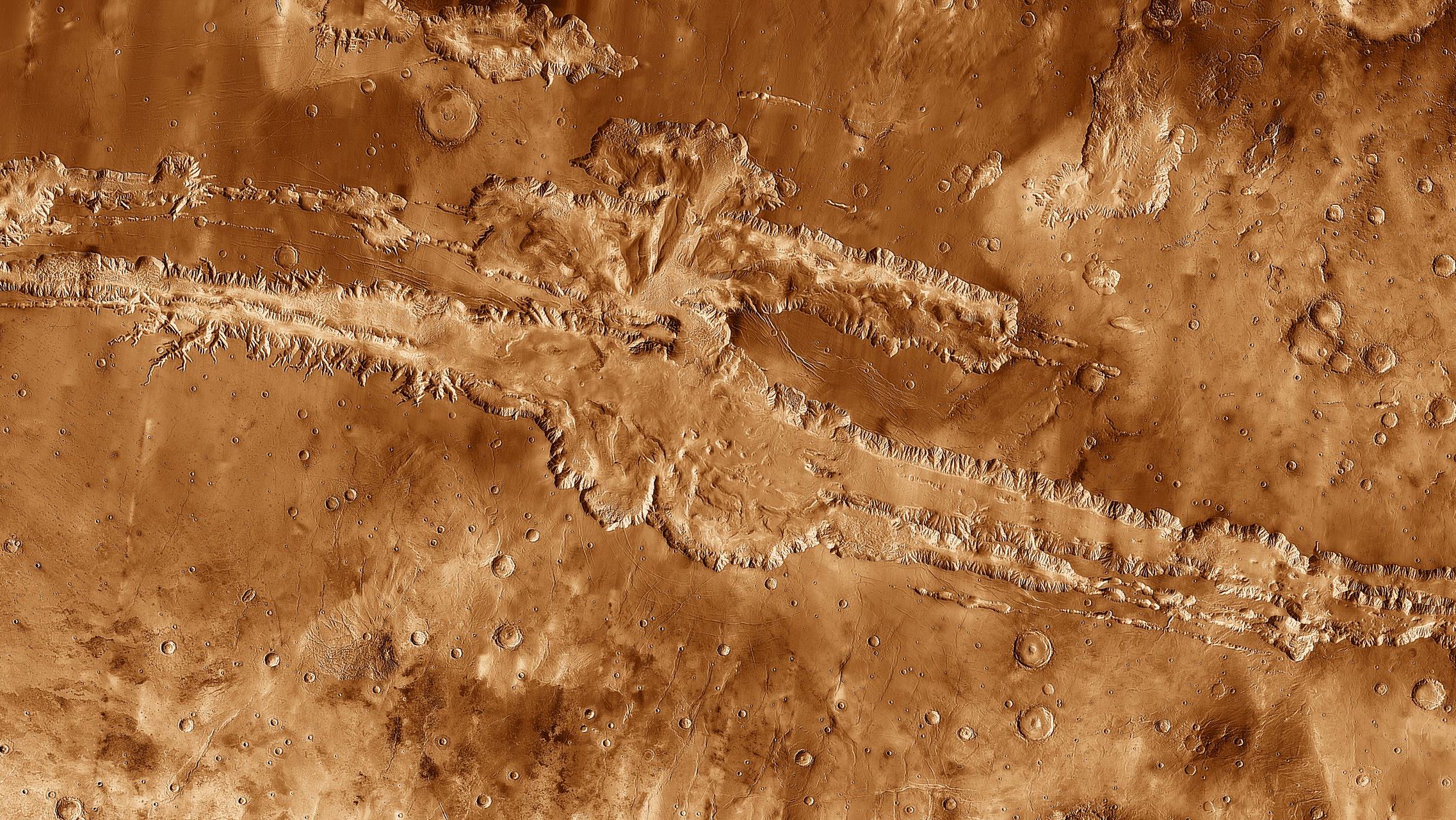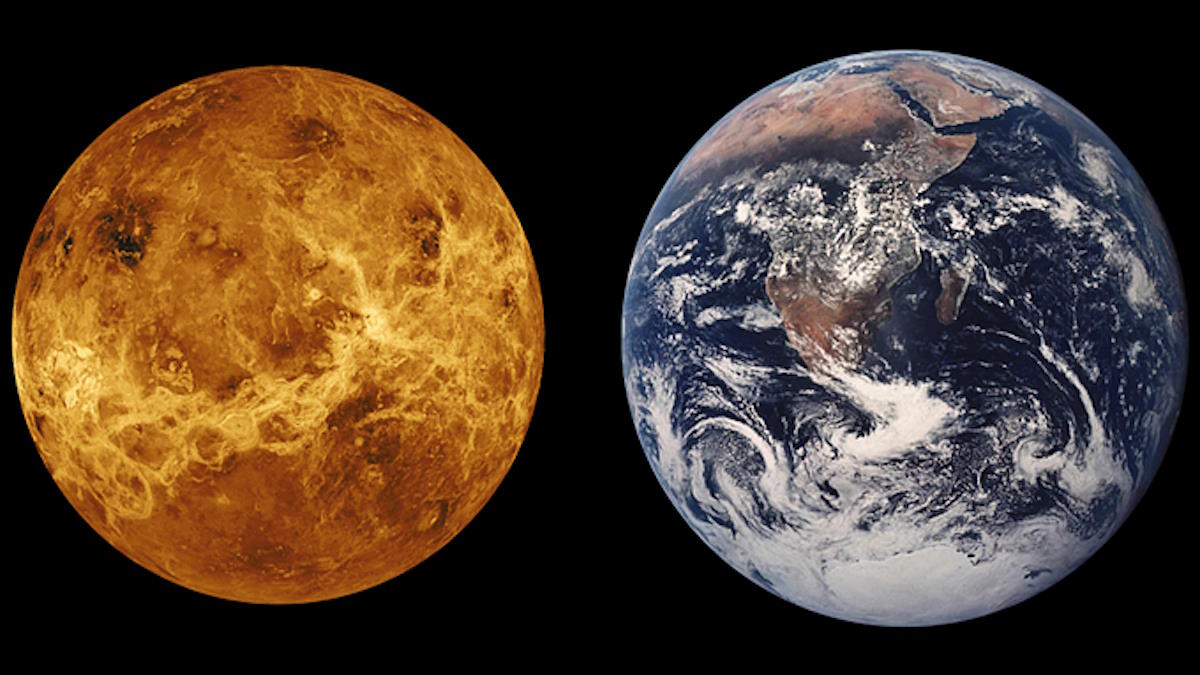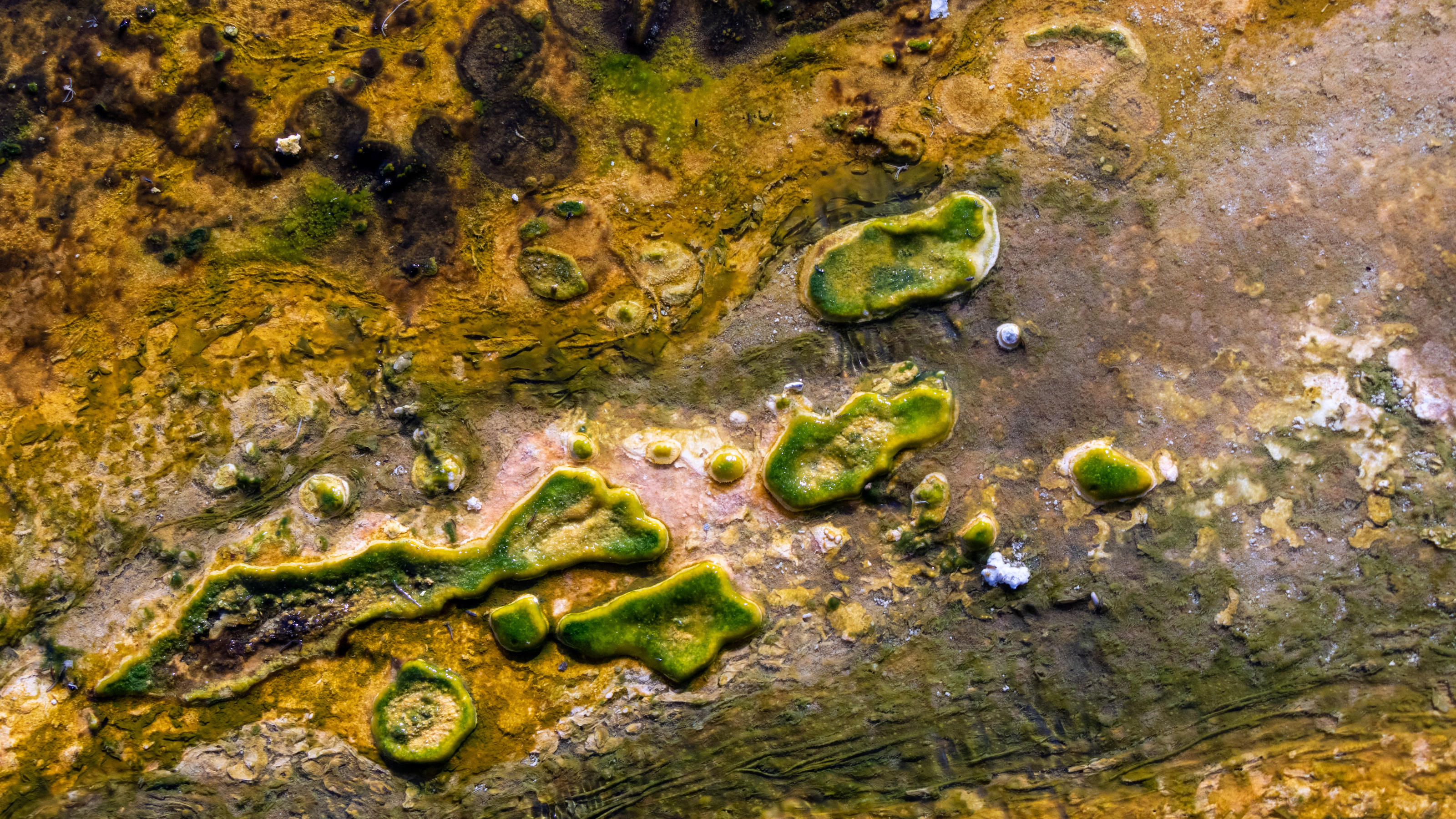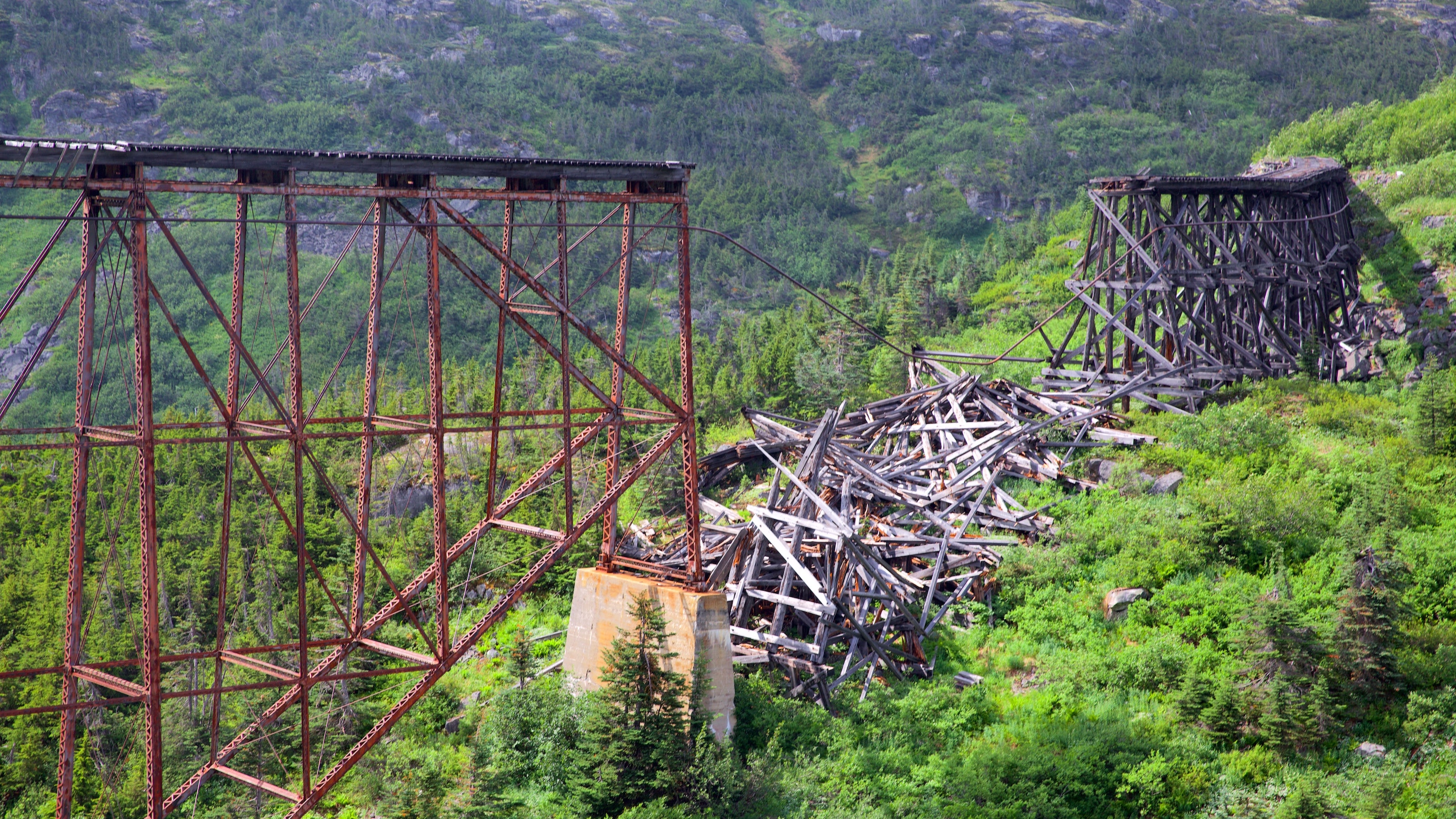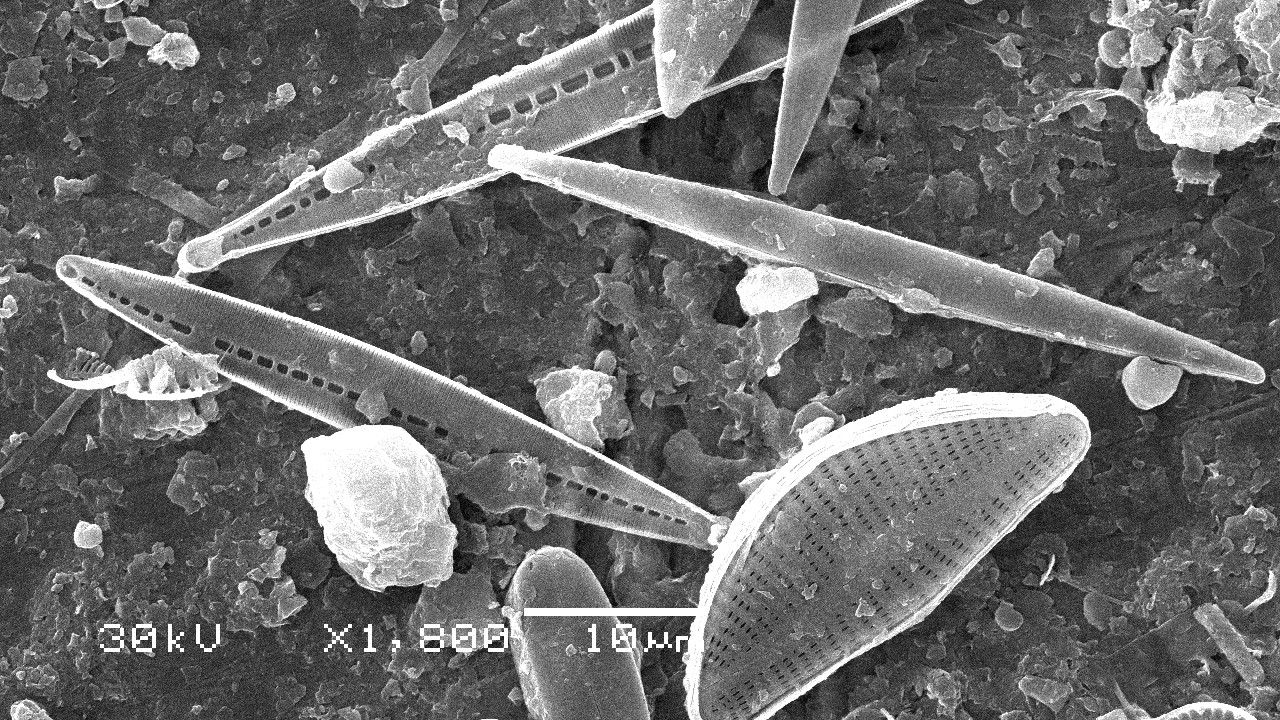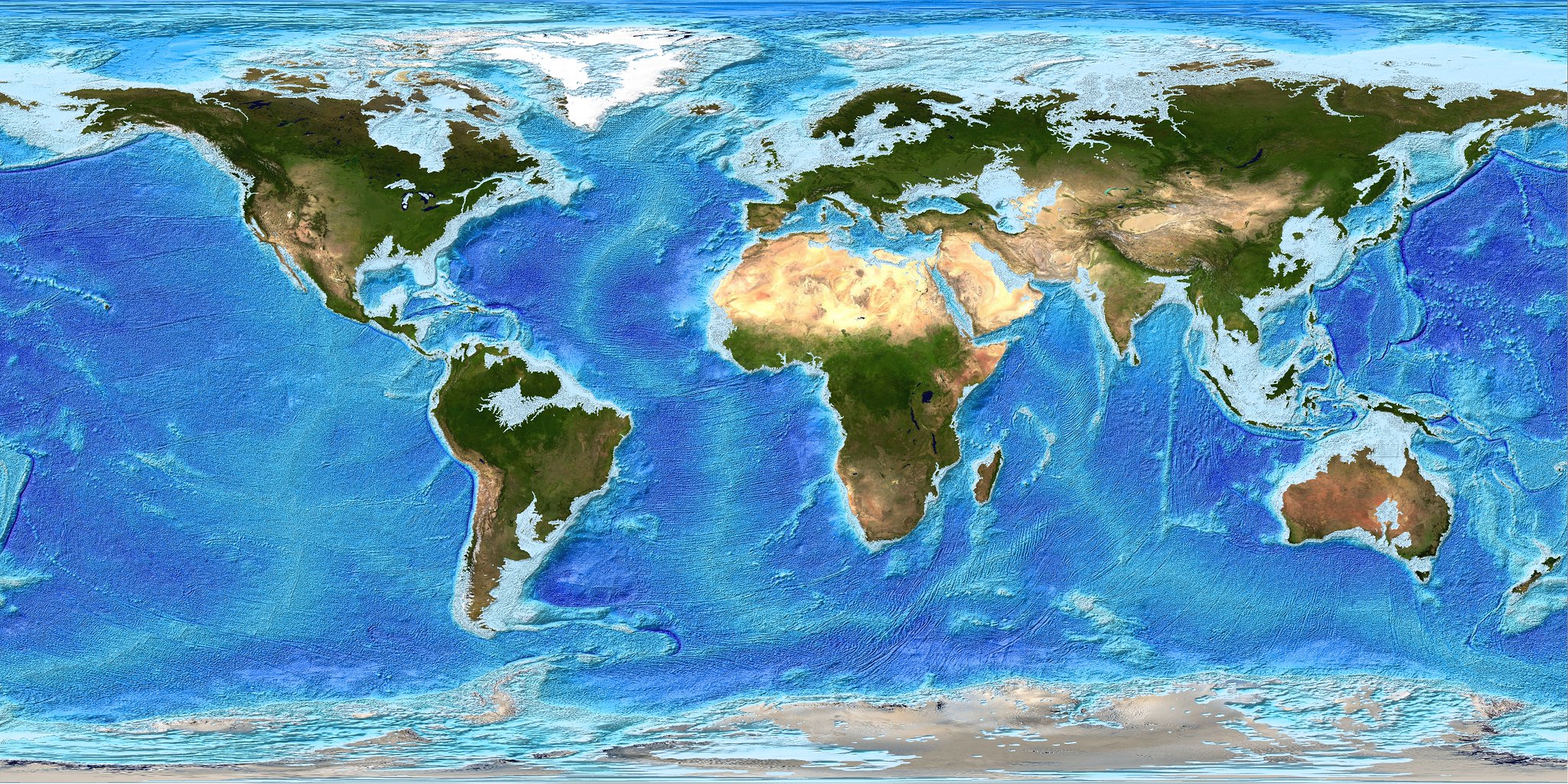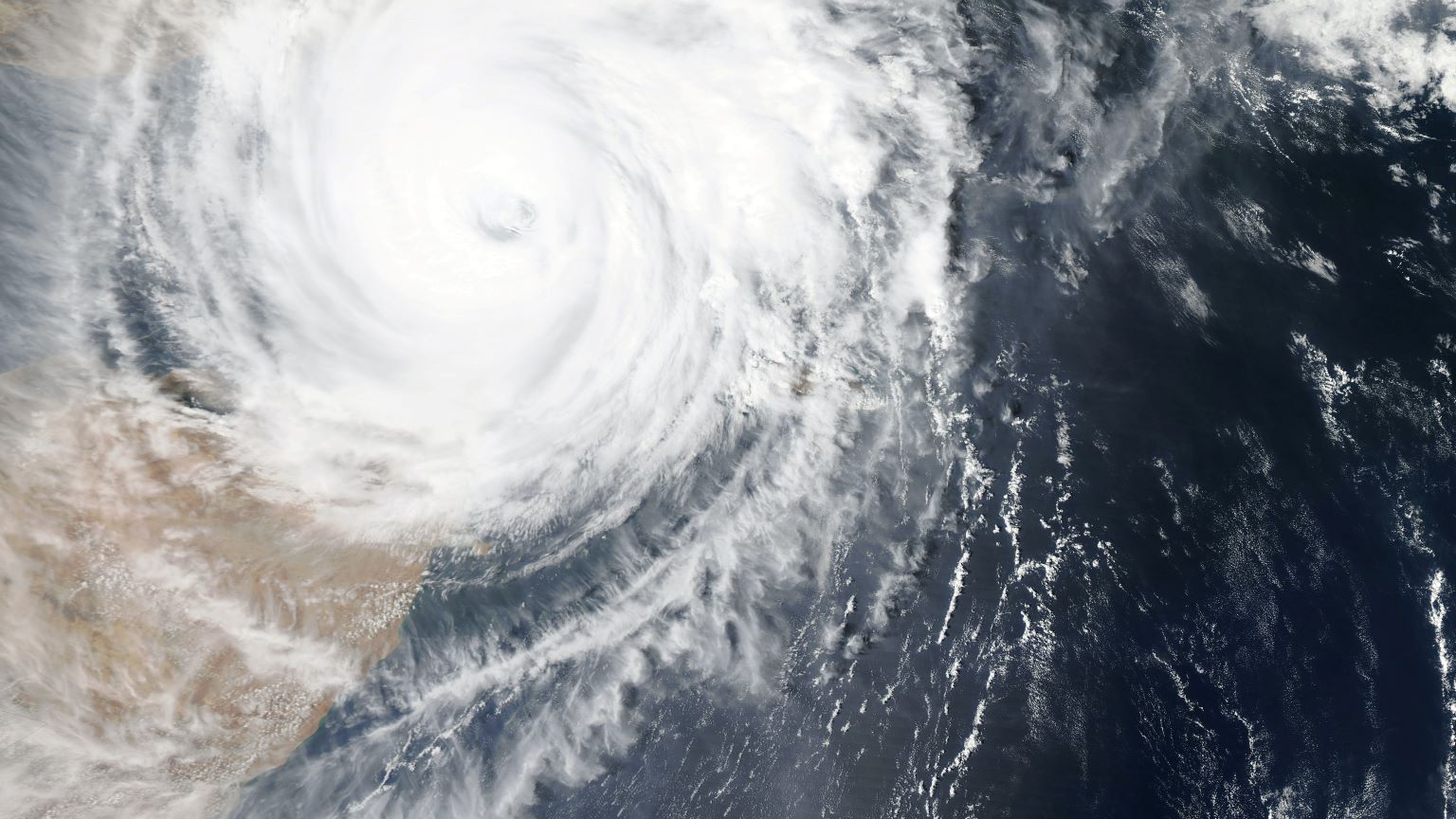Compared to Earth, Mars is small, cold, dry, and lifeless. But 3.4 billion years ago, a killer asteroid caused a Martian megatsunami.
Search Results
You searched for: Ocean
It’s a bird! It’s a plane! It’s a medieval airship!
Despite the enormous mass of the Earth, simply depleting our groundwater is changing our axial tilt. Simple Newtonian physics explains why.
There may be more energy in methane hydrates than in all the world’s oil, coal, and gas combined. It could be the perfect “bridge fuel” to a clean energy future.
Flashy desalination technology is more costly and cumbersome than many other solutions.
Scientists may have detected the somewhat smelly chemical dimethyl sulfide on a planet 120 light-years from Earth.
NASA’s minivan-sized drone is scheduled to search for signs of life on Titan in 2034.
Like Mars today, Venus used to be a sci-fi superstar. Recent discoveries could re-ignite our interest in Earth’s “evil twin.”
Although early Earth was a molten hellscape, once it cooled, life arose almost immediately. That original chain of life remains unbroken.
New tests to detect species being traded, as well as population studies, aim to help save them.
Despite the vast number of planets in the Universe, Earth’s specific evolutionary history guarantees that its life forms — including humans — are utterly unique.
The Black, Caspian, and Aral Seas are the last surviving fragments of a body of water that stretched from Austria to Turkmenistan.
The intensely white coloration of the shrimp is a remarkable feat of bioengineering.
At least one of Earth’s creatures is able to survive the vacuum of space.
A marine reptile fossil from Svalbard challenges ideas about evolution and Earth’s greatest mass extinction.
Scientists might be looking for Martian life in the wrong place.
Why can’t more rainwater be collected for the long, dry spring and summer when it’s needed?
Valles Marineris is the Solar System’s grandest canyon, many times longer, wider, and deeper than the Grand Canyon. What scarred Mars so?
Instead of giving the 239 suffering families and the public a true story, Netflix exploited a horrifying tragedy to push conspiracy theories.
Out of the four rocky planets in our Solar System, only Earth presently has plate tectonics. But billions of years ago, Venus had them, too.
Humanity is never fully in control of its creations. This lesson from Mary Shelley has remained relevant for over 200 years.
The sky is blue. The oceans are blue. While science can explain them both, the reasons for each are entirely different.
Deep underwater, temperatures are close to freezing and the pressure is 1,000 times higher than at sea level.
“Ghost gear” leads to hundreds of thousands of animal deaths.
Bathybius haeckelii was briefly thought to be the link between inorganic matter and organic life.
Catastrophes are difficult to predict because they are so rare. But AI using active learning can make predictions from very small data sets.
Each year, several trillion pounds of microscopic silicon-based skeletons fall down the water column to pile up into siliceous ooze.
Reusable rockets, moon landers, civilian astronauts, and more.
Based on data since 2000 alone, global warming is still occurring at a whopping 7-sigma significance. How hot will planet Earth get?
A marine scientist explains the threat of the Loop Current, a 800-pound gorilla of Gulf hurricane risks.
